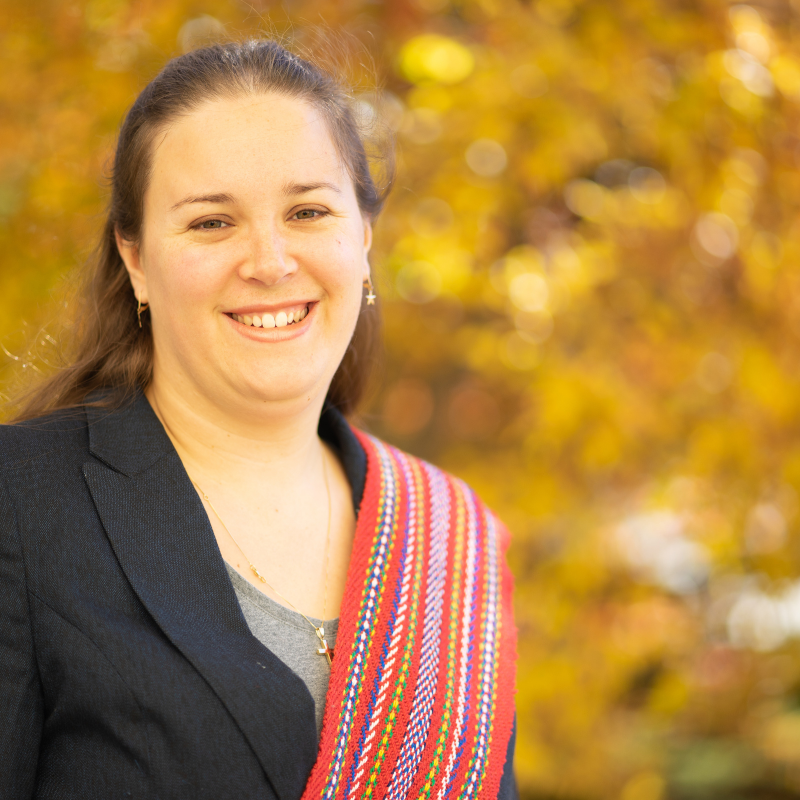Graduate Stipend
Indiana Best
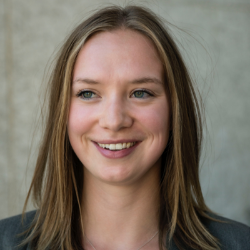
Indiana Best is a Métis student from Alberta, with ancestors from Whitehorse Plains, Manitoba. Before moving to Saskatoon, she completed a Bachelor’s of Health Science at the University of Calgary. She is currently in her third year of the MPH (Master of Public Health) thesis-option at the University of Saskatchewan.
Her Master’s thesis, is titled, Exploration of Métis cultural programming at MACSI, an organization providing cultural healing to Métis clients experiencing problematic substance use in Saskatoon, SK. She is looking to understand the foundational perspectives and elements of Métis culture that could be incorporated into addictions treatment. From her research, she hopes to create a guiding document of Métis cultural components that could be used in the development in programming curriculum.
Bonnie Marwood
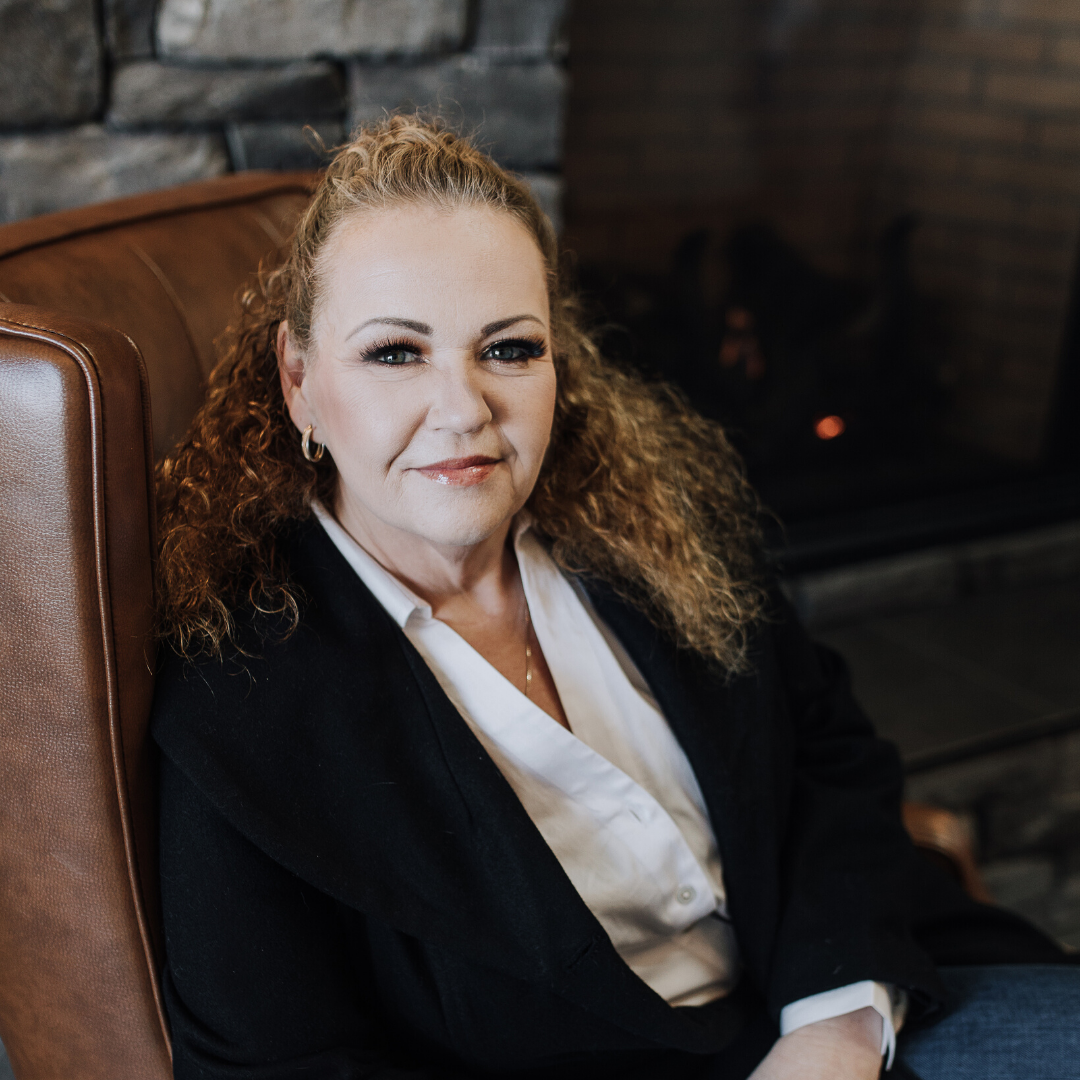
Bonnie Marwood is presently a graduate student at the College of Law. She received her LLB at the University of Calgary in 2004. Bonnie was called to the Alberta Bar in 2005 and the Saskatchewan Bar in 2006. She worked in Calgary, Edmonton and Saskatoon, eventually opening her own firm. Bonnie’s practice focussed mainly criminal and civil litigation. Bonnie’s research interest is in the area of criminal law and sentencing as it pertains to Gladue factors and alternatives to incarceration; her master’s thesis reviews Saskatchewan’s dangerous offender cases over the past 5 years.
Joe Neapetung
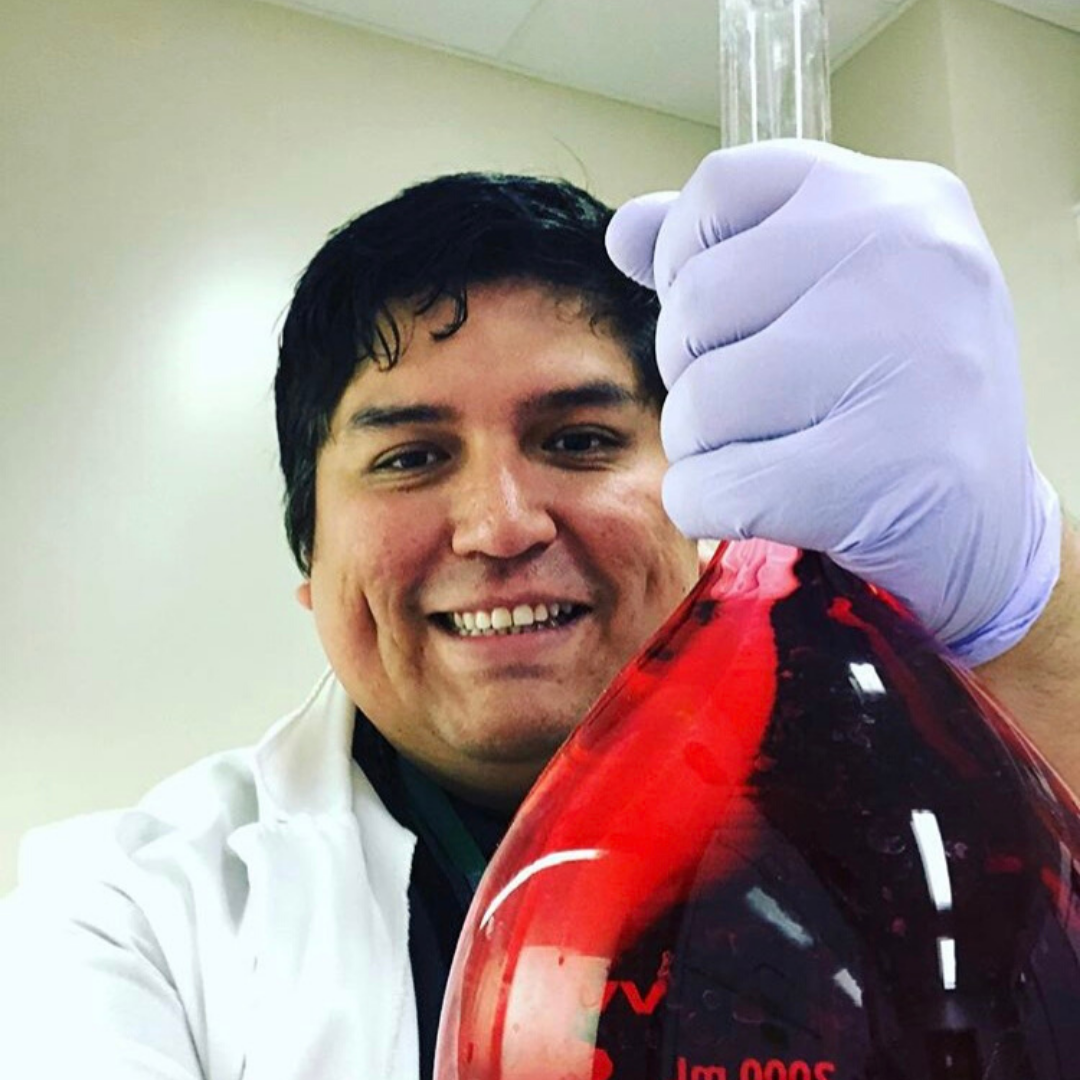
Joseph Neapetung is Anishnaabe from Yellow Quill First Nation and is a M.Sc. student in the Physiology program at the University of Saskatchewan under the supervision of Dr. Veronica Campanucci. Joseph is the Outreach Coordinator for the Saskatchewan Indigenous Mentorship Network. Joseph’s current research involves the molecular effects of hyperglycemia on the nervous system and how it contributes to peripheral neuropathy, a painful condition that arises from diabetes. In addition to Joseph’s research, he is also interested in teaching, science outreach and communication, and animal welfare from an Indigenous viewpoint. Joseph's recent efforts include developing a culturally safe conceptual framework that brings together traditional Indigenous knowledge and Western science with a strong focus on neuroscience.
Jacqueline Smith

Jacqueline Smith is Swampy Cree from Opaskwayak Cree Nation in Manitoba. She completed her Bachelor of Arts in 2016 from Dalhousie University with a double major in History and French, and a minor in Canadian Studies. Jacqueline is currently a MA student in the Department of Indigenous Studies at the University of Saskatchewan where her research focuses on Indigenous health, Indigenous healing, and mental health.
Ann Dorion
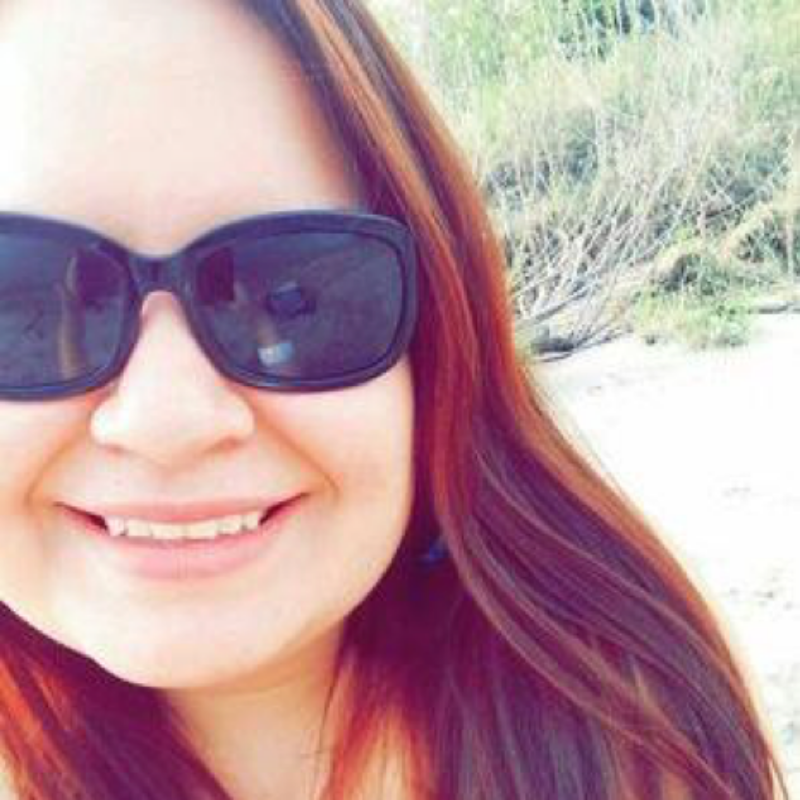
Ann Dorion is from the northern community of Pelican Narrows and she is a member of the Peter Ballantyne Cree Nation. Ann completed her Bachelor of Health Studies at the First Nations University of Canada. She is currently enrolled in the Master of Public Policy at the Johnson Shoyama Graduate School of Public Policy where she is also a research team member in the Digital Epidemiology and Population Health Laboratory. Ann is interested in population health intervention research; she is a part of the SMART Indigenous Youth Project, which is embedding a culturally, linguistically, and geographically appropriate land-based active living intervention.
Jed Huntley
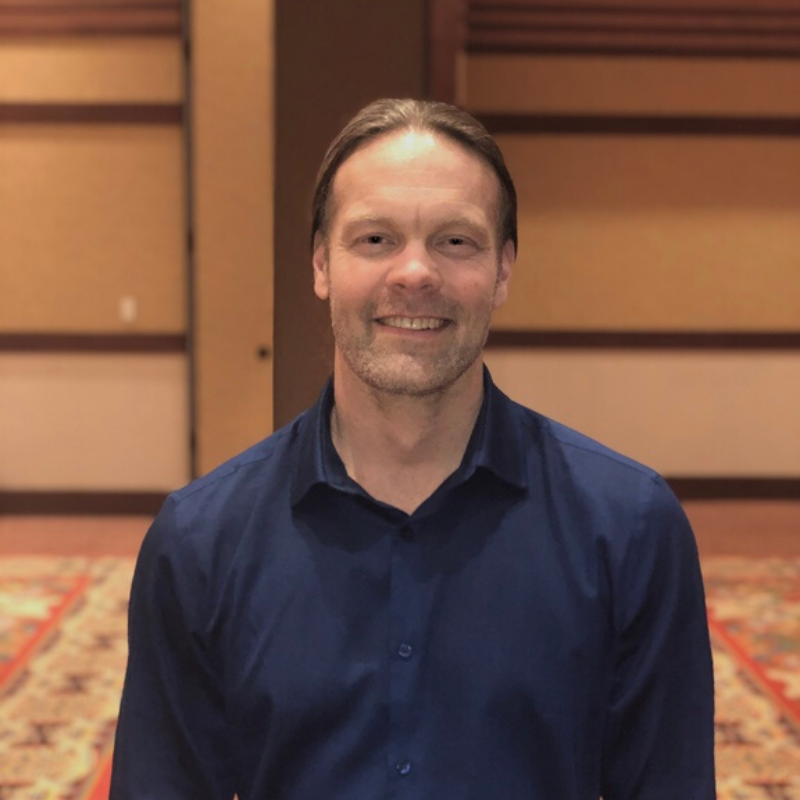
Jed Huntley is a Métis student from the Prince Albert, Saskatchewan area. He is in what should be his final year of graduate studies with the Department of Education Foundations in the College of Education at the University of Saskatchewan. His master's thesis is in the area of Indigenous knowledge, spirituality and ceremony, stemming from a Saulteaux philosophical basis. It has been quite the humbling journey and he is grateful for the support and guidance he has received throughout this process – Maarsii.
*Jed is also a recipient of a 2019-2020 Graduate Travel Award.
Serena Gamble
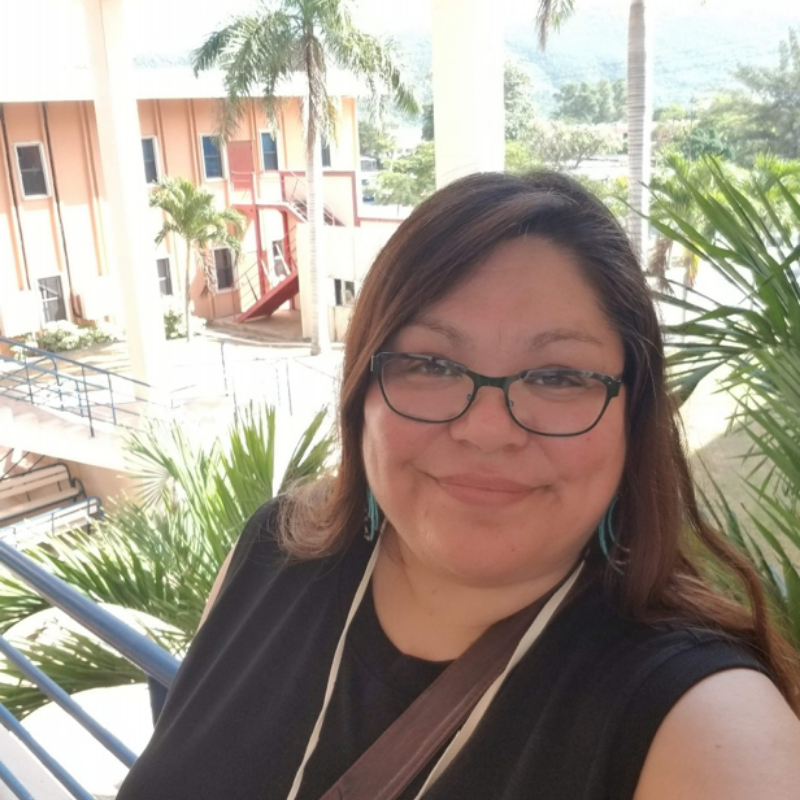
Tânsi! Serena Gamble nitisîhkâson. Beardy’s & Okemasis Cree Nation ohci nîya. Mother to three sons who have helped to make me a better woman.
I am an advocate for Indigenous Knowledge, Culture, Language, History, and Decolonization. My background is in education as a professional teacher and I am currently in the final phase of a graduate degree in Curriculum Studies. I am a passionate learner and I shine brightest when I am networking & engaging with other like-minded people. One of my greatest strengths is the ability to see connections, especially in being able to make connections to Indigenous perspectives, experiences, and our ways of knowing. It is my working goal to be able to help others to see through an Indigenous Lens, so they can have a better understanding of the values within our philosophies. My favorite part about being a student, is, my love for participating and leading in-depth discussions where I can disrupt this default colonial statement of, “It’s the way we have always done it.” When I walk into a place where there is little to no First Nation representation, I claim the space I am in because I make room for all of my ancestors, children and our people. This is the way I carry myself as a proud and strong Iskwêw.
Peter Turner
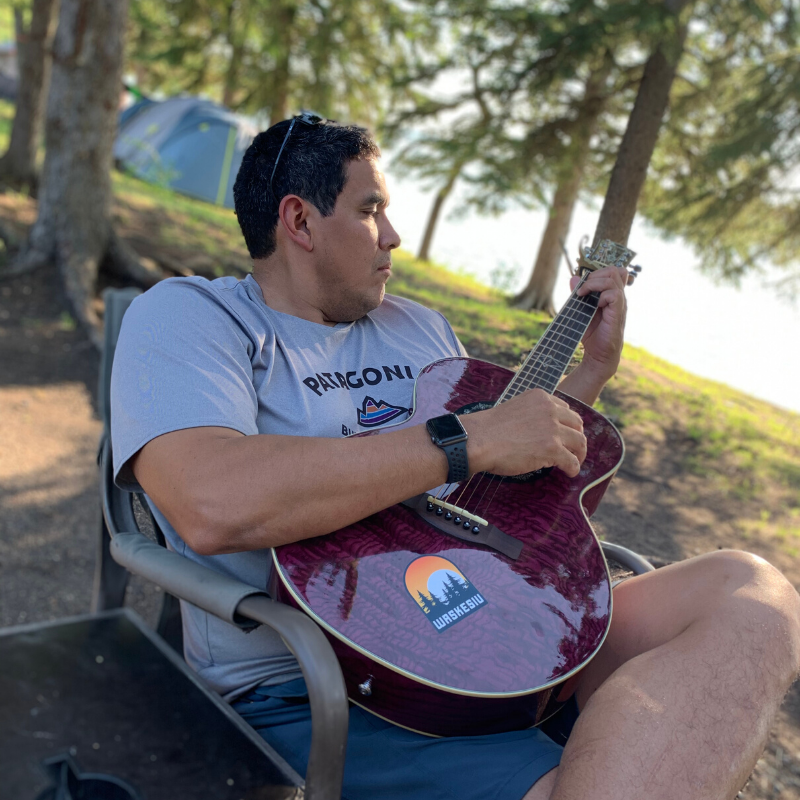
Peter Turner (nehiyaw - James Smith Cree Nation) is a PhD Student at the University of Regina and an educator in Regina. He was born an raised in his traditional homelands of Treaty 6, living primarily in the urban areas near his First Nation, including Saskatoon, La Ronge, and Prince Albert. This immersion in colonial society and schools provided Peter with extensive perspectives that shapes and motivates his research as well as leads his professional effort in education.
Christy Anderson
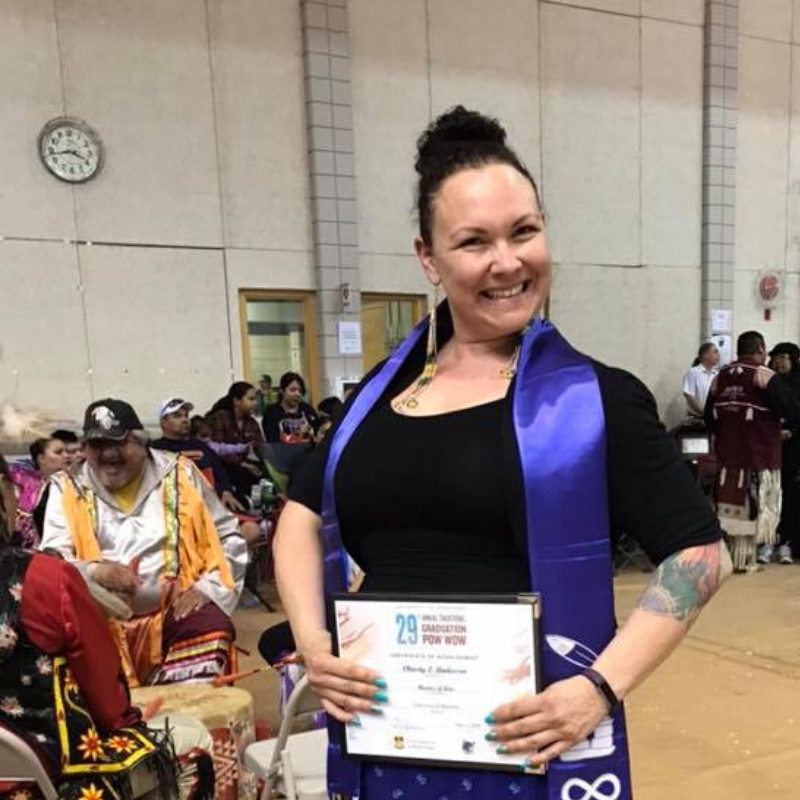
Christy Anderson is a member of Pinaymootang First Nation in Treaty Two Territory, located in the Manitoba Interlake Region. Her cultural heritage is Anishinaabeg on her father’s side and Mennonite from her maternal lineage; she is a first generation intergenerational Indian Residential School survivor. Christy is a single mother of two young boys who bravely moved away from home so that their mom could pursue her doctoral degree in Indigenous Studies at the University of Saskatchewan. Ms. Anderson was honoured to receive many academic acknowledgements this year including the University of Saskatchewan Indigenous Achievement Award for Academic Excellence, the College of Arts and Science Aboriginal Graduate Scholarship, and the Saskatchewan Indigenous Mentorship Network Graduate Student Stipend.
Ms. Anderson began her university studies at University of Toronto Scarborough where her passion for learning was reinvigorated from 2001-2004. After a 5-year post-secondary hiatus, Christy returned to complete her BA in Communications and Media Studies at Canadian Mennonite University in her hometown of Winnipeg, MB. Ms. Anderson switched disciplines in her Master’s program at the University of Manitoba where she graduated with an MA in Native Studies in 2017. Christy’s research interests are gendered colonial violence, MMIWG, Indigenous feminisms, Indigenous sovereignty, Indigenous politics, Indigenous women’s healing practices, spirituality, reconciliation, and community-based research.
Graduate Travel Awards
Jenny Gardipy
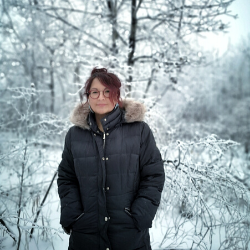
Jenny Gardipy is a mother of 6 and Kokom (grandmother in Cree) of 4 from Beardy's and Okemasis First Nation in Treaty 6 Territory. Jenny is a 1st year PhD student in the Indigenous Studies Department at the University of Saskatchewan. She graduated from the U of S in 2011 with a Master's degree in Public Health. Immediately after obtaining her degrees, she worked with national and local health organizations before becoming the Director of Health for her community. Jenny joined the federal government in December 2016 as the Director of Business Operations for the First Nation and Inuit Health Branch (FNIHB), Saskatchewan Region in the newly formed department called Indigenous Services Canada (formerly under Health Canada). Jenny then worked as the Associate Regional Director for FNIHB before she took a year off work to be closer to her mother after her father passed away in 2018. Jenny always had an interest in working in the health field and strongly believes that Indigenous peoples have the capacity and knowledge to make healthy changes in their communities. Jenny is passionate about taking an active role in helping communities move towards better health outcomes. Jenny’s mother went blind when she was 13-years old and Jenny witnessed the lack of health services that many in the disabled community face. Jenny’s late father survived the Indian Residential School and recently passed away on February 15, 2018. Jenny believes her late father’s humble and Nehiyaw (Cree) ways of being continue to be her foundation. Jenny would like her research to contribute to positive health outcomes of Indigenous peoples with physical disabilities.
Andrew Hartman
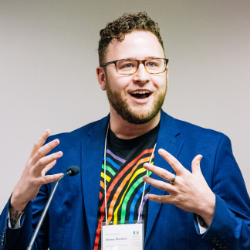
Brittany Tuffs
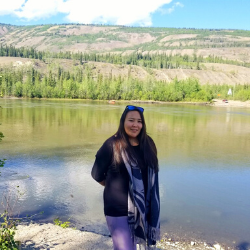
Tina Alexis
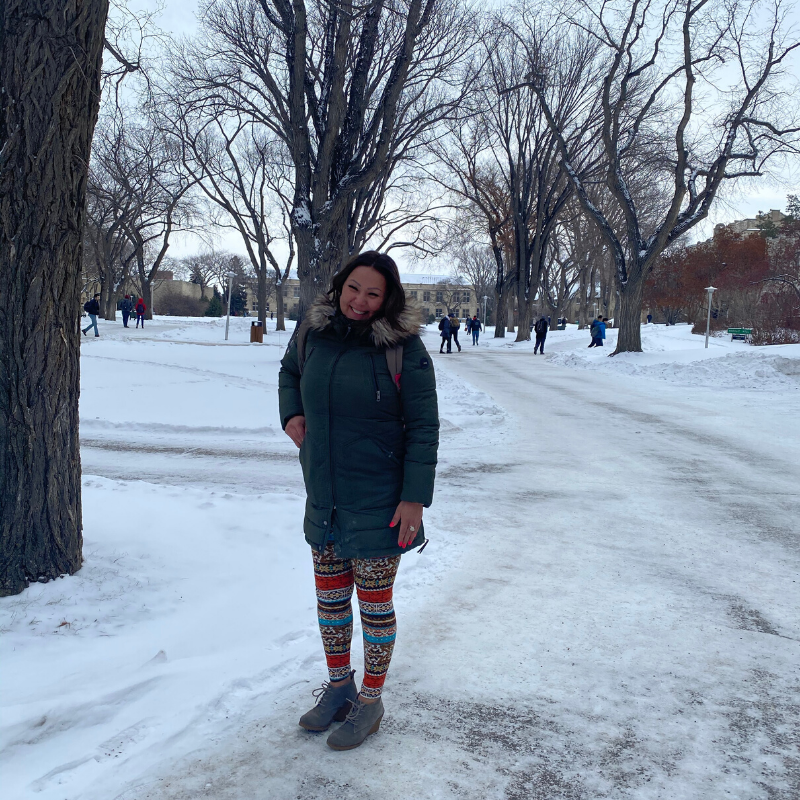

Undergraduate Travel Awards
Tesler Mosquito
Presentation info and student bio forthcoming.
Undergraduate Summer Studentship
Nola Halabiski
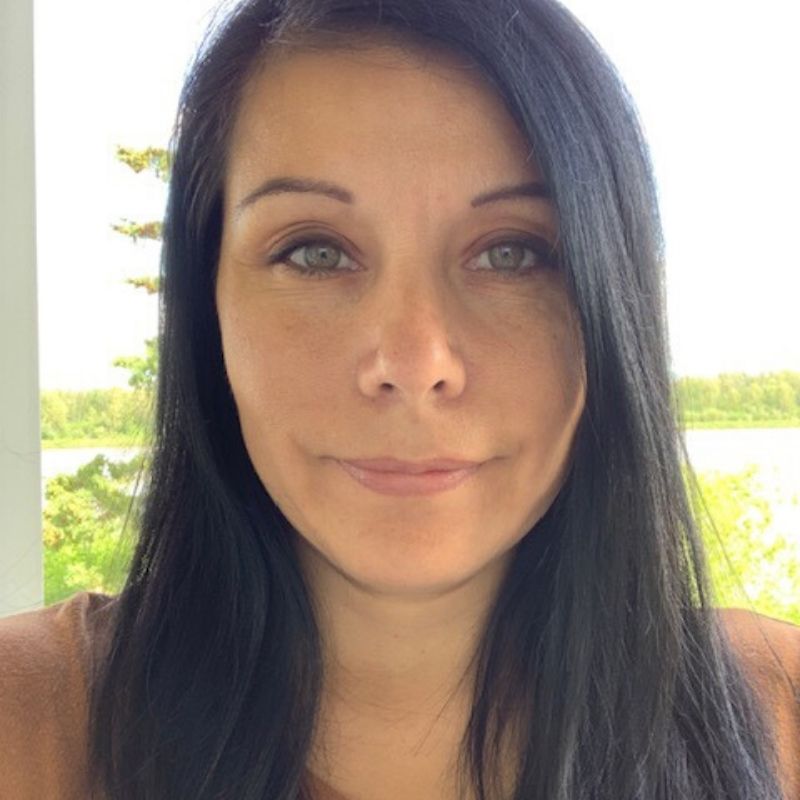
My name is Nola Halabiski. I am a student with the SUNTEP program in Prince Albert, SK. I am currently working with Carrie LaVallie, an Assistant Professor with First Nations University of Canada, on a research project that includes Moving Across Rural and Urban Aftercare Spaces to Support Healing from Addiction. The project includes exploring ways to move between rural and urban aftercare spaces to support healing from addiction with Indigenous land-based methods. Relationships and interviews will be conducted with Indigenous and non-Indigenous addiction healing services in and around the Prince Albert area to see what is available for cultural supports. Decolonizing addiction treatment and western-based aftercare measures are steps that support healing for Indigenous peoples but there could be a more effective approach, an approach with spiritual and cultural connections. The main key to addressing mental wellness includes understanding Canada’s colonial history. Providing cultural safe supports like Elders, knowledge keepers, sweat lodges, cultural medicines, smudging practices, ceremonies, and talking circles should be provided or at least optional in their healing process. First Nations communities are building land-based aftercare spaces and left out of the model are urban Indigenous peoples. This project explores the potential in moving between rural and urban aftercare spaces in healing from addiction using Indigenous land-based healing methods.
Hailee Vandale-Roode
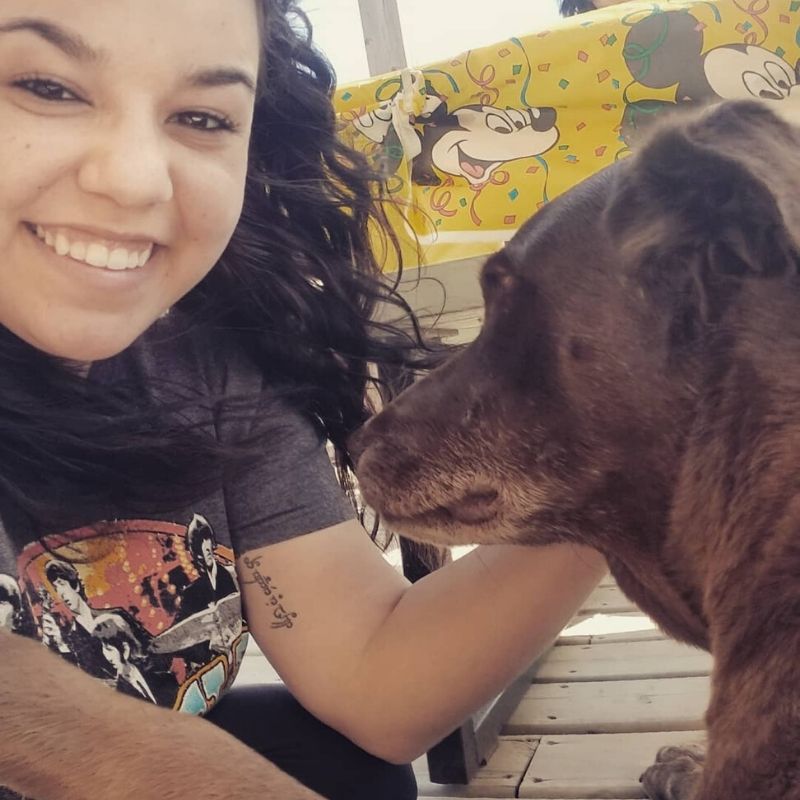
My Name is Hailee Vandale Roode, I am entering my 3rd year of Nursing at the U of S. I was born in Yellowknife, NWT but raised in Saskatoon since 2001. I am involved in a variety of research-related activities with Dr. Graham. From researching my Métis history; to reviewing and learning how to do a literature review; creating a reading list of articles, podcasts, YouTube videos and virtual meetings related to Métis history; creating my first poster, and reviewing ethical frameworks for engaging in research with First Nation and Metis peoples.
New Investigator Support for Undergraduate Summer Studentship
Samantha Moore
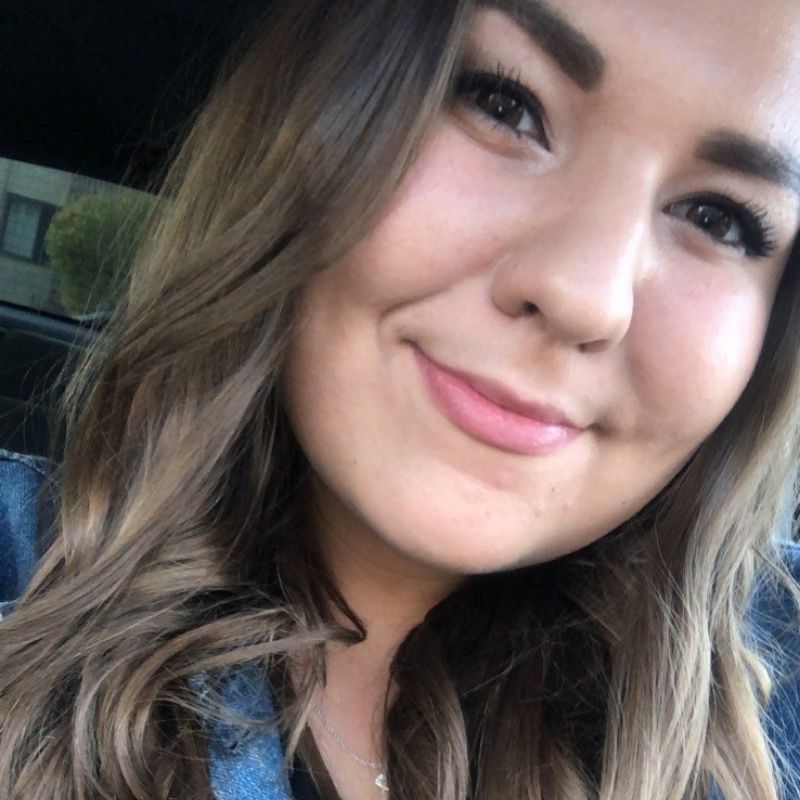
Hello, I am Samantha Moore and I am a 4th year kinesiology student. I will be graduating from the College of Kinesiology in the fall 2021 convocation. I plan on applying for my master’s in occupational therapy as I want to work in health care and help those in need. I started working for Dr. Heather Foulds in May 2020 as a research assistant. It has been a very rewarding and eye-opening experience to research how social support and culture have an impact on Metis adult health. I am Assiniboine First Nation from treaty 4 territory. My reserve is White Bear First Nation; however, I did not grow up there. My mom was part of the sixties scoop and did not grow up with her biological family, which has had a big impact on my connection to my culture. Having the opportunity to work with Dr. Heather Foulds has allowed me to read about other Indigenous people’s experiences. It has taught me that there are many people who feel a disconnect to their culture, but they are trying to learn more traditions as it helps with their health and wellbeing. When I am not busy with school or work you can find me exploring nature or hunting with my family. I have connected to my culture through nature and everything it has to offer. I love being out on the land exploring. Hunting has been a big part of my life as it is something I do with my family and it allows me to provide for myself.
Dr. Heather Foulds
